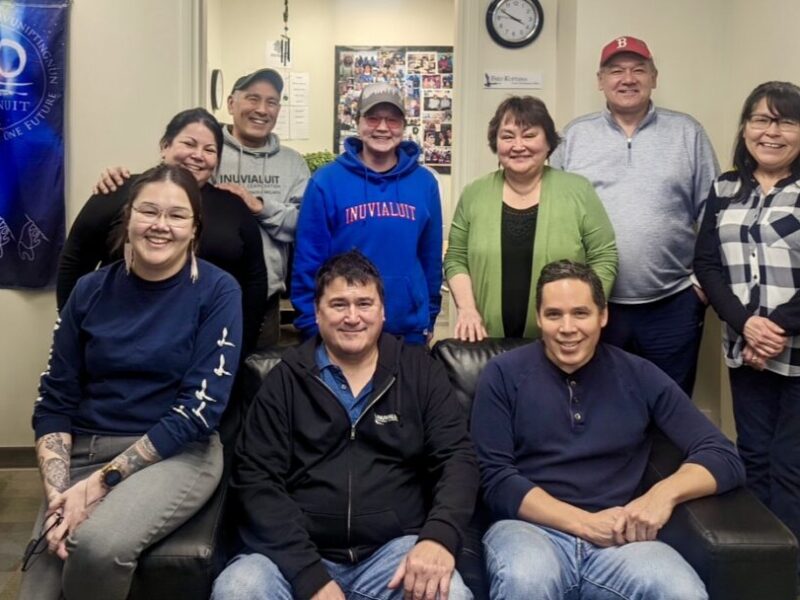Project Integrate
With rapid and often confusing changes to the labour market, career pathways are becoming less linear and predictable for Canadian youth entering the workforce.
Youth often face challenges understanding emerging opportunities and recognizing transferable experience. Infrastructure is needed to help youth navigate employment paths in more responsive, personalized, and targeted ways.

The Future Skills Centre is investing $2.5M in a two-year project led by OTEC, MaRS Discovery District, and First Work, which explores the creation of a single, technology-enabled employment pathway for youth.
This project explores how competency assessment models can be enhanced by technology to support more targeted employment skills training. OTEC’s ALiGN assessment and job-matching model is designed to “screen in” candidates in the absence of transferable skills or experience. MaRS’ Employment Pathway Platform is a career guidance tool created in partnership with Google to help create career paths in a rapidly changing economy.
This project integrates both technologies from OTEC and MaRS into a single cohesive platform covering two key stages of the employment and skills development process. First, the platform identifies occupations that fit with a youth job seeker’s interests and then, secondly, explores the required skills to be successful in those roles. In partnership with First Work, key partners will be included in youth employment services organizations.
This project will engage 2,000 youth in pursuit of the most efficient skills training path to employment and ongoing career navigation in Western, Central, and Atlantic Canada.
Evaluation Strategy
This project will be evaluated using tools and approaches aligned with its goals, context, and stage of development. The evaluation will focus on generating the right evidence at the right moment to move the intervention forward. Read more about our evaluation strategy.





